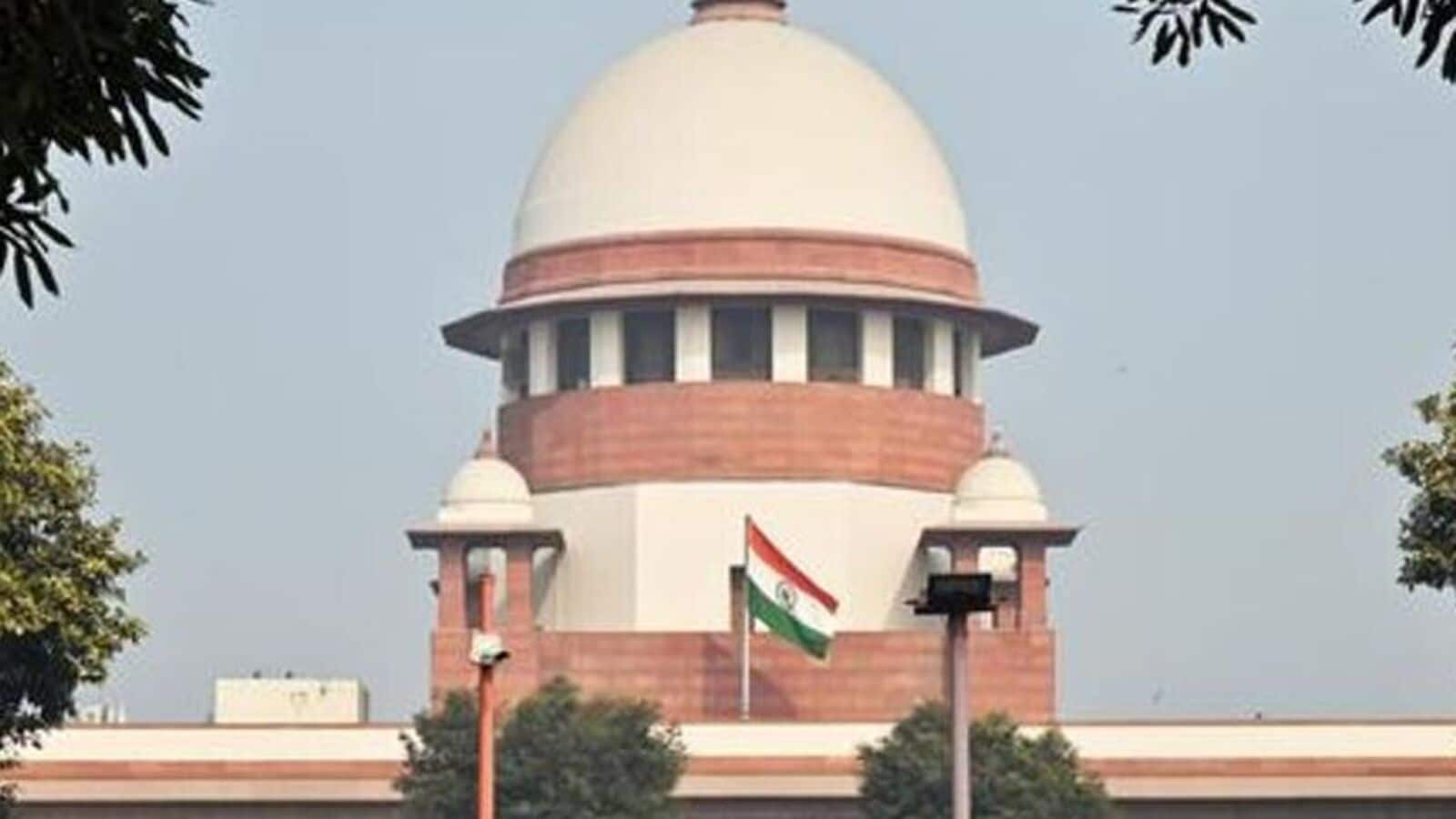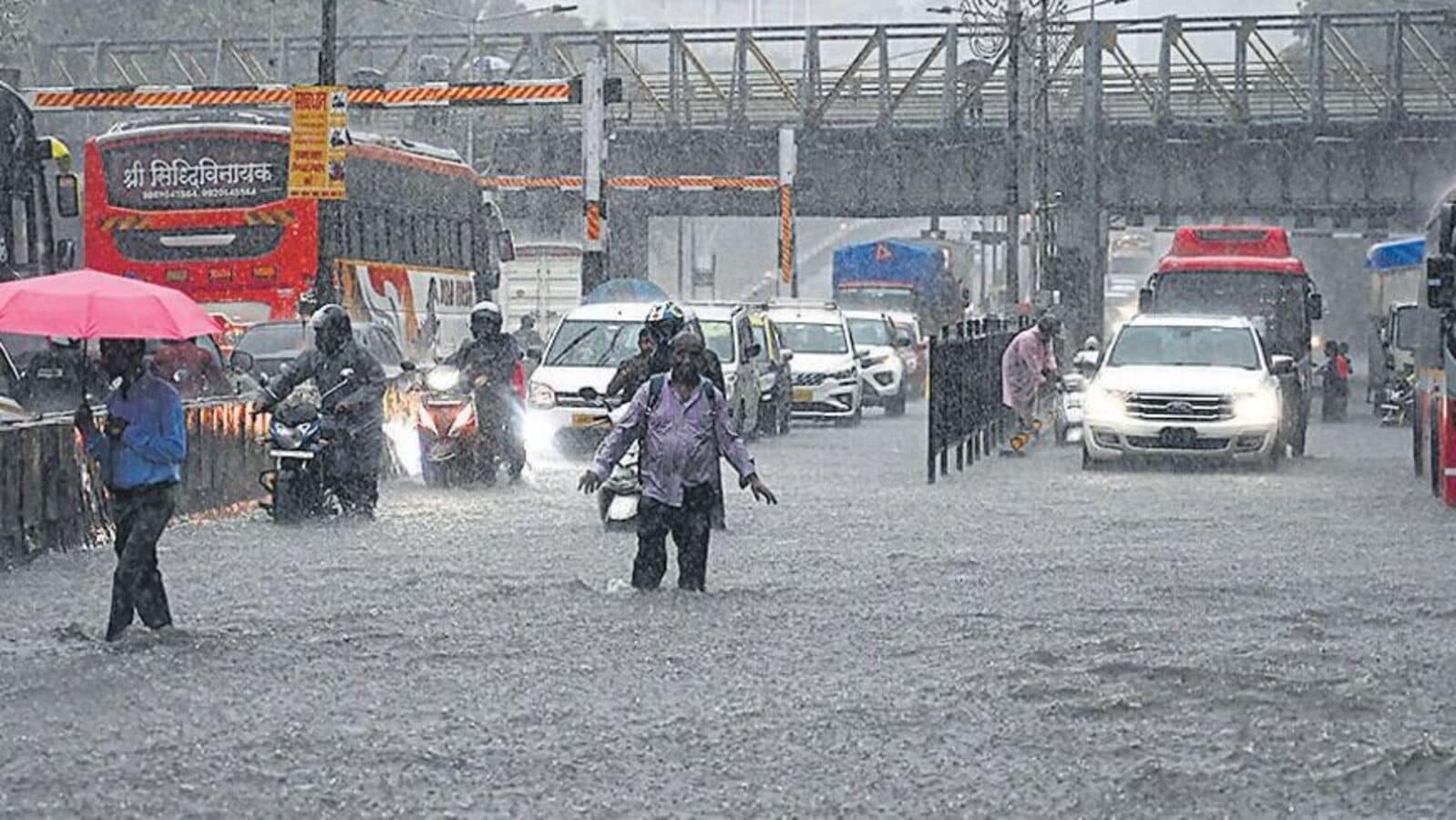The Supreme Court on Friday described the ongoing loss of young lives to suicide as a “systemic failure” that must not be overlooked. A bench comprising Justices Vikram Nath and Sandeep Mehta issued a series of nationwide directives aimed at addressing the crisis.
Citing the 2022 National Crime Records Bureau (NCRB) report titled “Accidental Deaths and Suicides in India”, the Court said the data reveals a “deeply distressing picture” of the mental health landscape among youth, according to a report by PTI.
“The continued loss of young lives, often due to preventable causes rooted in unattended psychological distress, academic overburden, social stigma, and institutional insensitivity, reflect a systemic failure that cannot be ignored,” it said.
India recorded 1,70,924 reported suicide cases in 2022, of which 7.6 per cent, approximately 13,044, were student suicides.
Also Read: Student suicides: Supreme Court takes suo moto cognizance of IIT-Kharagpur, Sharda University cases
The bench said notably, 2,248 of these deaths were attributed directly to failure in examinations.
The NCRB data further reflected the suicides among students in the last two decades, increasing from 5,425 in 2001 to 13,044 in 2022.
“Considering….situation of an increasing number of suicides in educational institutions, inter alia, including schools, coaching institutes, colleges, and training centres, we feel obliged to acknowledge and address the gravity of the mental health crisis afflicting students in educational institutions across the country,” the bench said.
The bench was acting on an appeal against an Andhra Pradesh High Court order rejecting the plea to transfer the investigation into the unnatural death of a 17-year-old National Eligibility-cum-Entrance Test aspirant, preparing in Vishakhapatnam, to the CBI.
The top court said the NCRB data revealed a distressing pattern of rising student suicides.
It said mental health was an integral component of the right to life under Article 21 of the Constitution.
The bench said given the pressing nature of the crisis, particularly in cities like Kota, Jaipur, Sikar, Vishakhapatnam, Hyderabad, and Delhi, where students migrate in large numbers, immediate interim safeguards are the call of the day.
It issued 15 guidelines, which included that all educational institutions shall ensure optimal student-to-counsellor ratios.
“Dedicated mentors or counsellors shall be assigned to smaller batches of students, especially during examination periods and academic transitions, to provide consistent, informal, and confidential support,” it said.
The bench said all educational institutions shall establish written protocols for immediate referral to mental health services, local hospitals, and suicide prevention helplines.
“Suicide helpline numbers, including Tele-MANAS and other national services, shall be prominently displayed in hostels, classrooms, common areas, and on websites in large and legible print,” it said.
It said all teaching and non-teaching staff shall undergo mandatory training at least twice a year, conducted by certified mental health professionals, on psychological first-aid, identification of warning signs, response to self-harm, and referral mechanisms.
The bench said all educational institutions shall ensure that all staffs are adequately trained to engage with students from vulnerable and marginalised backgrounds in a sensitive, inclusive, and non-discriminatory manner.
“This shall include, but not be limited to, students belonging to Scheduled Castes (SC), Scheduled Tribes (ST), Other Backward Classes (OBC), Economically Weaker Sections (EWS), LGBTQ communities, students with disabilities, those in out-of-home care, and students affected by bereavement, trauma, or prior suicide attempts, or intersecting form of marginalisation,” it said.
The bench said every such institution shall constitute an internal committee or designated authority empowered to take immediate action on complaints about sexual harrasment, ragging and others and provide psycho-social support to victims.
It said all educational Institutions shall regularly organise sensitisation programmes (physical or online) for parents and guardians on student mental health.
It said mental health literacy, emotional regulation, life skills education and awareness of institutional support services shall be integrated into student orientation programmes and co-curricular activities.
“All educational institutions shall maintain anonymised records and prepare an annual report indicating the number of wellness interventions, student referrals, training sessions, and mental health-related activities,” the bench said.
It said examination patterns shall be periodically reviewed to reduce academic burden and to cultivate a broader sense of identity among students beyond test scores and ranks.
It said all educational institutions, including coaching centres and training institutes, shall provide regular, structured career counselling services for students and their parents or guardians.
Also Read: ‘They mentally harassed me’: Sharda University student’s haunting final words before suicide
“All residential-based educational institutions, including hostel owners, wardens and caretakers, shall take proactive steps to ensure that campuses remain free from harassment, bullying, drugs….,” the bench said.
It asked the Centre to file a compliance affidavit before the court within 90 days.
The continued loss of young lives…reflect a systemic failure that cannot be ignored.
“The affidavit shall also indicate the expected timeline for the completion of the report and recommendations of the National Task Force on mental health concerns of students,” it said.





